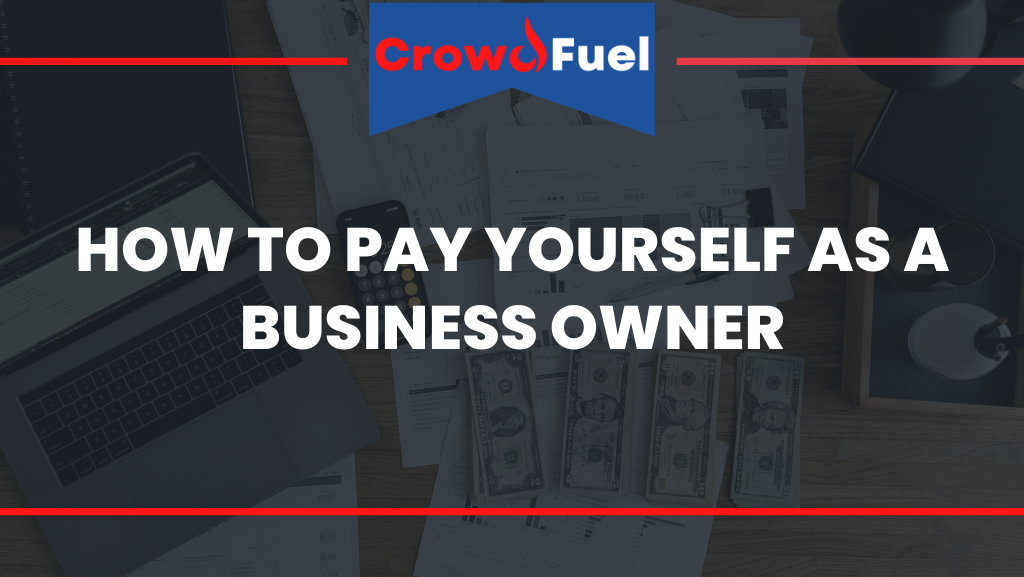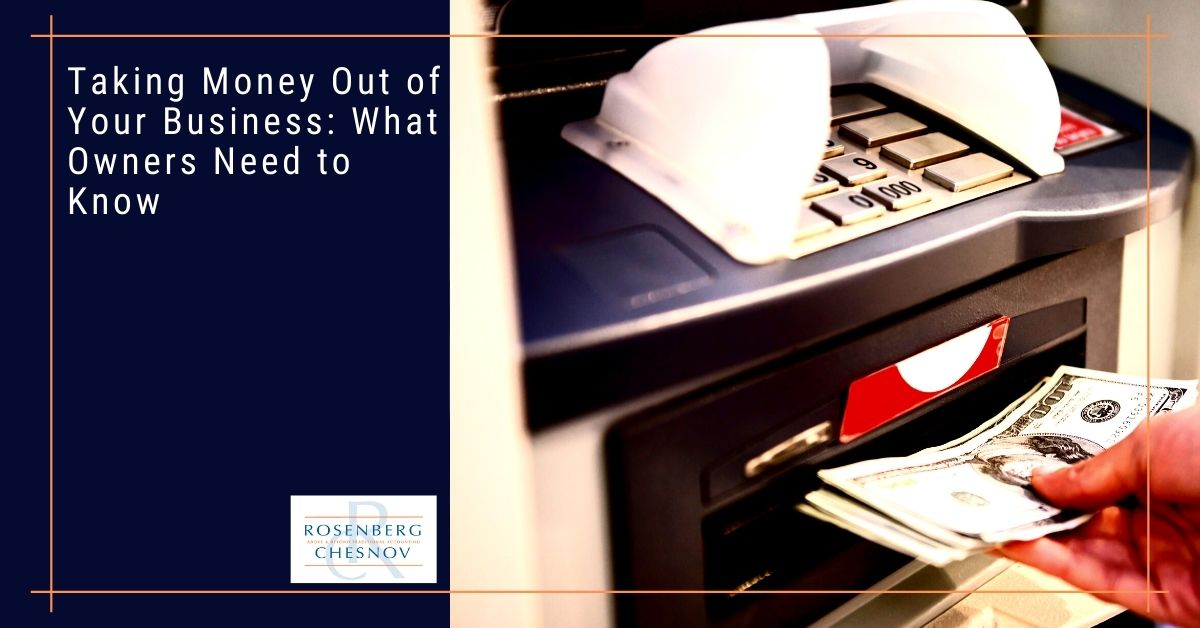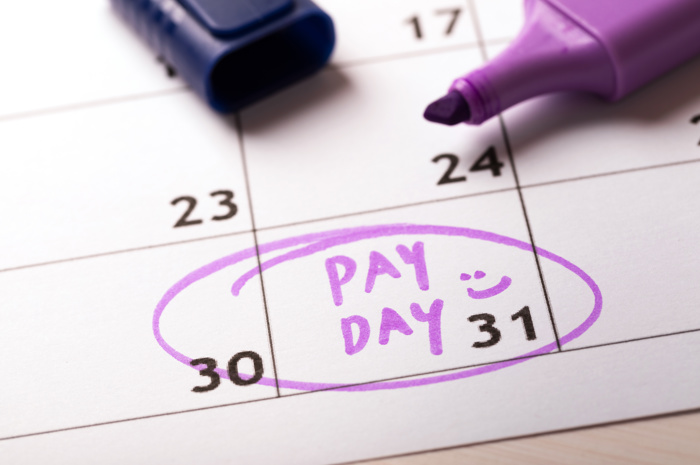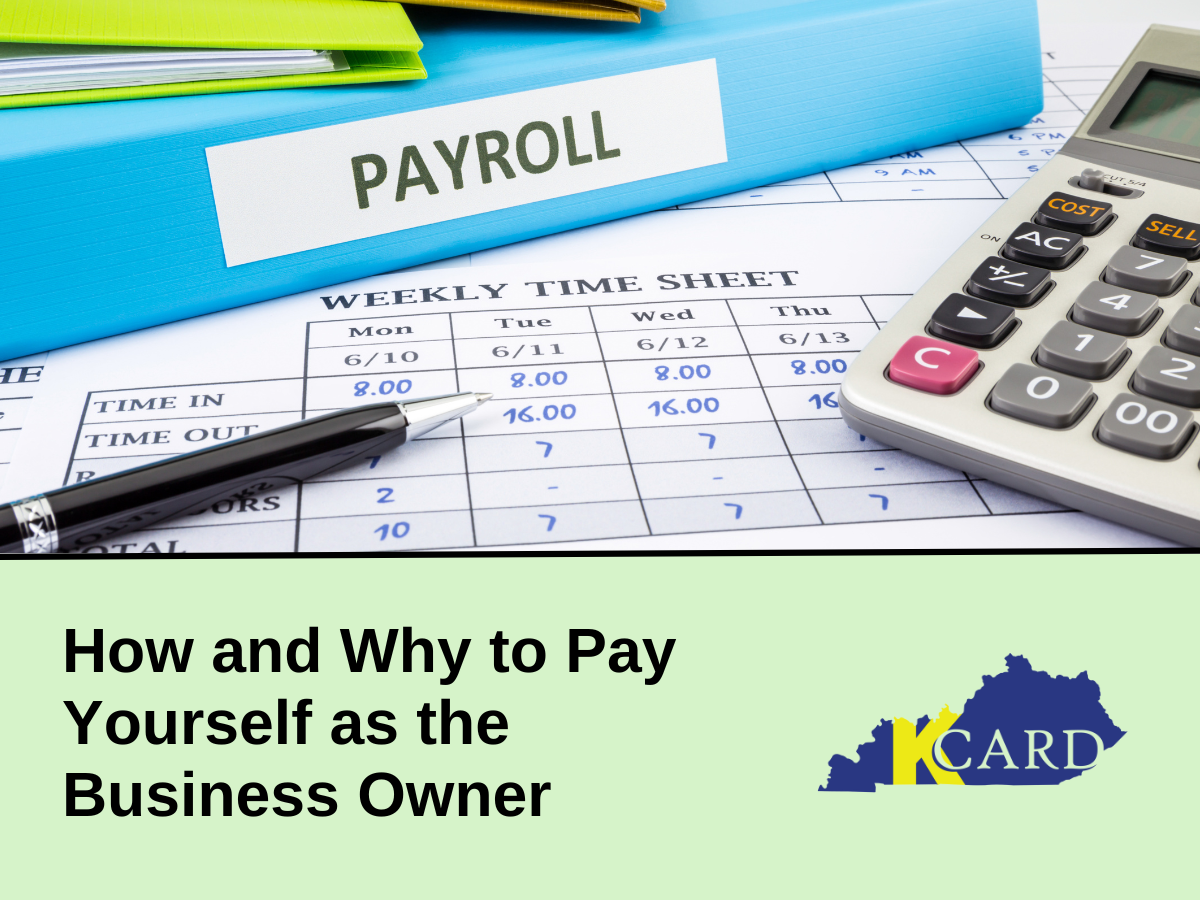How To Pay Yourself Out Of Your Business

For entrepreneurs, the line between personal finances and business revenue often blurs, especially in the early stages. Navigating the complexities of compensating oneself from a company account requires careful planning and adherence to legal and financial best practices. Failure to do so can lead to significant tax implications and jeopardize the long-term financial health of both the business and the individual.
This article provides a comprehensive guide on how to properly pay yourself from your business, considering various business structures, compensation methods, and legal requirements. We'll explore different strategies, examining their benefits and drawbacks, to ensure you're not only taking home a paycheck but also building a sustainable financial future.
Understanding Business Structures and Compensation Methods
The method for paying yourself significantly depends on your business structure. Each structure carries different legal and tax implications that directly impact your personal income.
Sole Proprietorships and Partnerships
In a sole proprietorship or partnership, you aren't technically paid a "salary." Instead, you take an owner's draw.
This is essentially a transfer of funds from the business to your personal account. Since the business's profits are your personal income, you'll pay self-employment taxes (Social Security and Medicare) on your entire net profit.
It's crucial to accurately track all draws to ensure proper tax reporting, as highlighted in IRS Publication 334, *Tax Guide for Small Business*.
Limited Liability Companies (LLCs)
LLCs offer more flexibility. An LLC can be taxed as a sole proprietorship, partnership, or corporation, which impacts how you're paid.
If taxed as a sole proprietorship or partnership, the owner takes draws, similar to the scenarios described above.
However, if the LLC elects to be taxed as an S corporation (S-corp), the owner becomes an employee and is paid a salary.
S Corporations (S-corps)
With an S-corp, you must pay yourself a "reasonable salary" for the work you perform. The IRS closely scrutinizes S-corp compensation to prevent owners from underpaying themselves to avoid self-employment taxes.
According to the Small Business Administration (SBA), the "reasonable salary" should be comparable to what someone in a similar role would earn in your industry and location.
Any profits beyond your salary can be taken as shareholder distributions, which are not subject to self-employment taxes. This strategy requires careful planning and documentation to demonstrate the reasonableness of the salary to the IRS.
C Corporations (C-corps)
In a C-corp, you are an employee and receive a salary, just like any other employee.
The corporation pays employer taxes on your salary, and you pay income taxes on your wages. Profits distributed as dividends are also taxed, leading to potential double taxation.
Determining a Reasonable Salary
The concept of a “reasonable salary” is paramount, particularly for S-corps. Paying too little can trigger an audit and penalties from the IRS.
Benchmarking against industry standards is crucial. Resources like Salary.com and Payscale.com can provide data on average salaries for similar positions.
Consider your experience, the complexity of your role, and the financial health of your business when determining a fair salary. Document your reasoning thoroughly.
Implementing a Payroll System
Once you've determined your compensation method, you need to set up a system for regular payments. For salaries, this typically involves setting up a payroll.
Payroll services like ADP and Gusto can automate tax withholding, payroll tax payments, and compliance reporting.
These services ensure that your payroll is compliant with federal and state regulations, minimizing the risk of errors and penalties.
Managing Taxes and Legal Compliance
Tax compliance is a critical aspect of paying yourself from your business. Withholding the correct amount of taxes and remitting them on time is essential to avoid penalties.
Consulting with a tax professional or certified public accountant (CPA) is highly recommended. They can provide personalized advice and ensure compliance with all applicable laws and regulations.
Maintain meticulous records of all income and expenses to support your tax filings.
Benefits and Perks
Beyond salary, consider offering yourself benefits like health insurance, retirement contributions, and other perks. Certain business structures allow you to deduct these expenses, providing tax advantages.
For instance, self-employed individuals can often deduct health insurance premiums.
Consult with a financial advisor to explore strategies for maximizing your benefits while minimizing your tax burden.
Long-Term Financial Planning
Finally, remember to integrate your business income into your overall financial plan. This includes saving for retirement, managing debt, and investing for the future.
Working with a financial planner can help you develop a comprehensive strategy to achieve your financial goals, considering both your personal and business finances.
Regularly review your compensation strategy to ensure it aligns with your business's financial performance and your personal needs. Staying informed and proactive is key to ensuring both your business and your personal finances thrive.


















